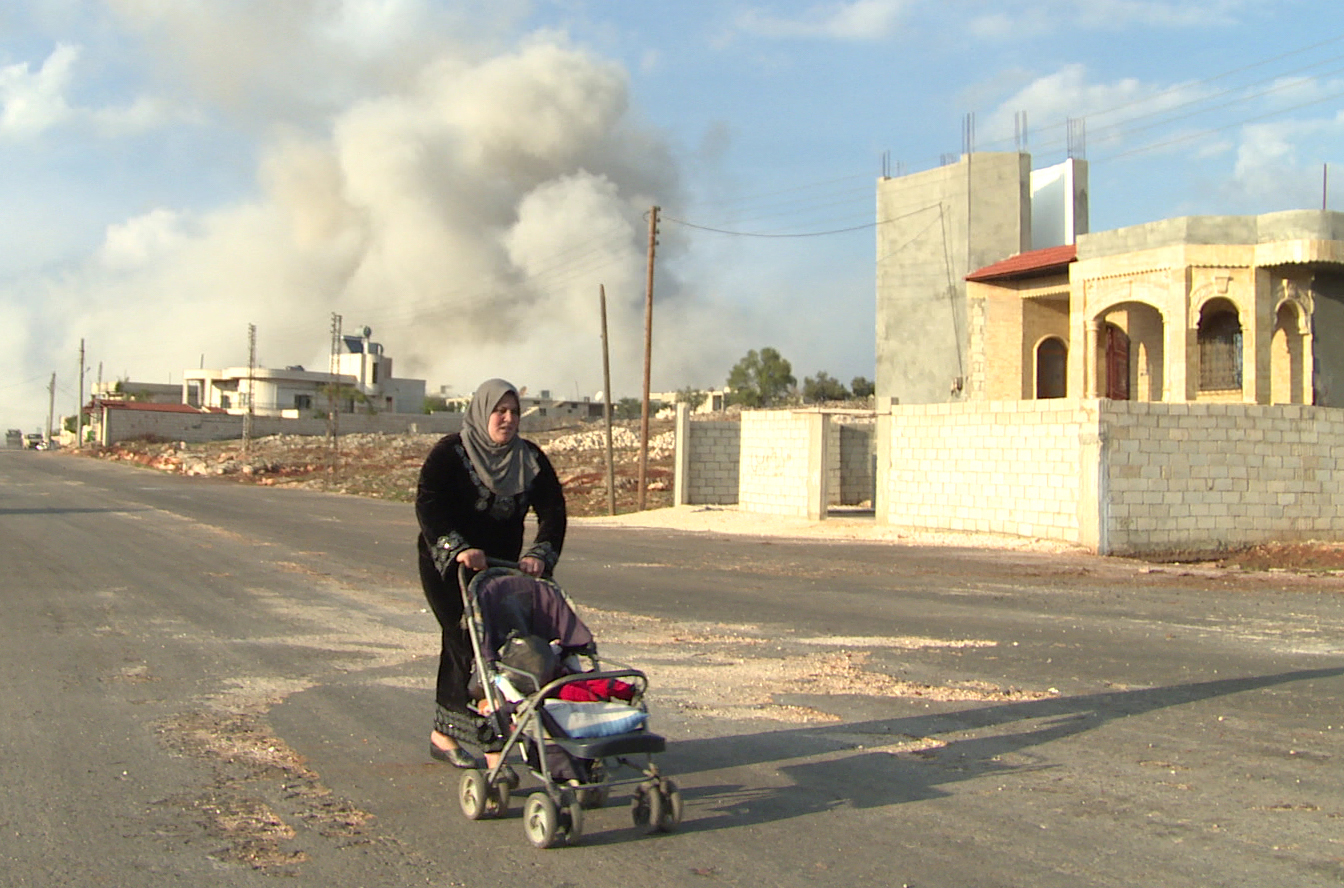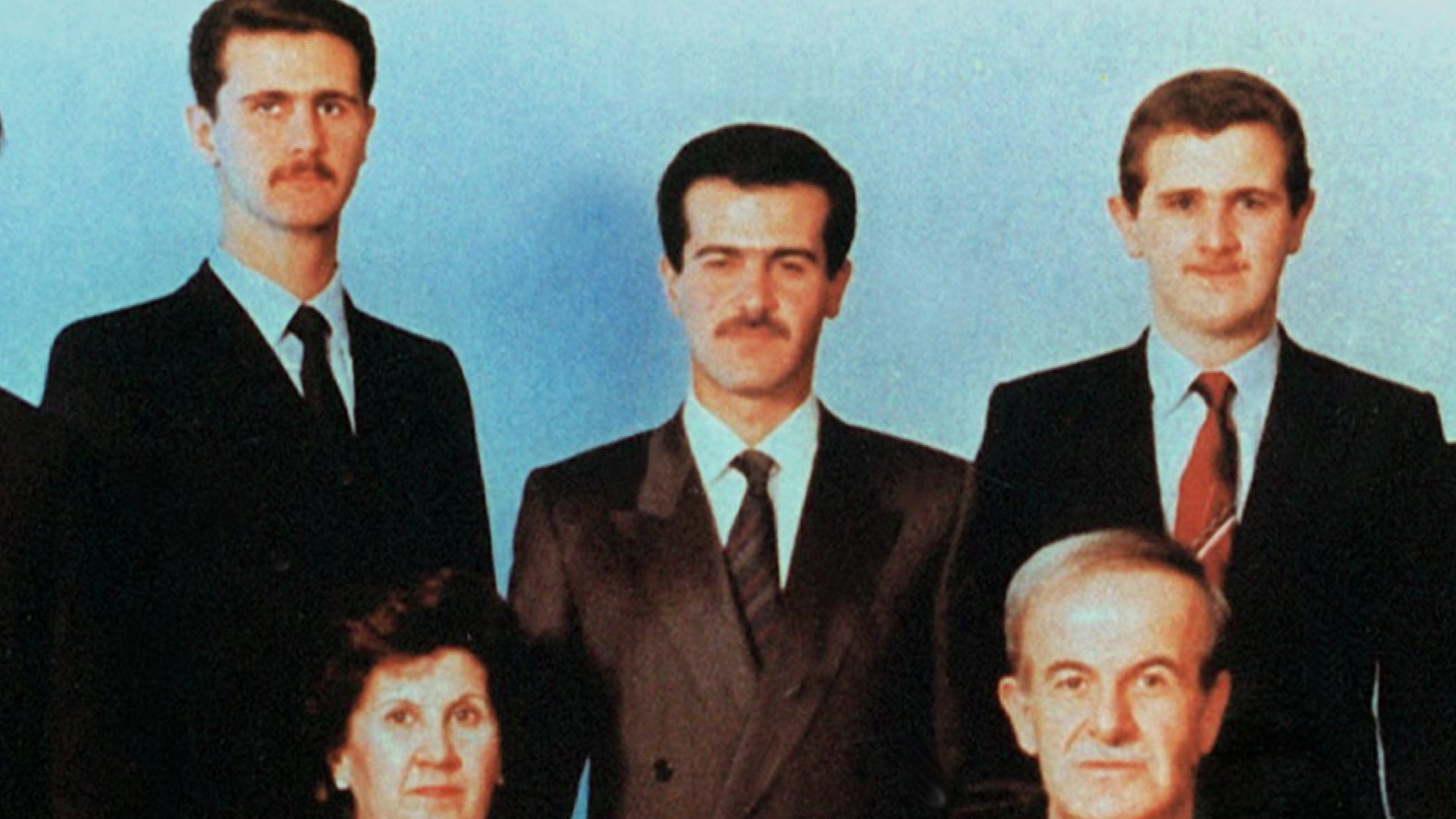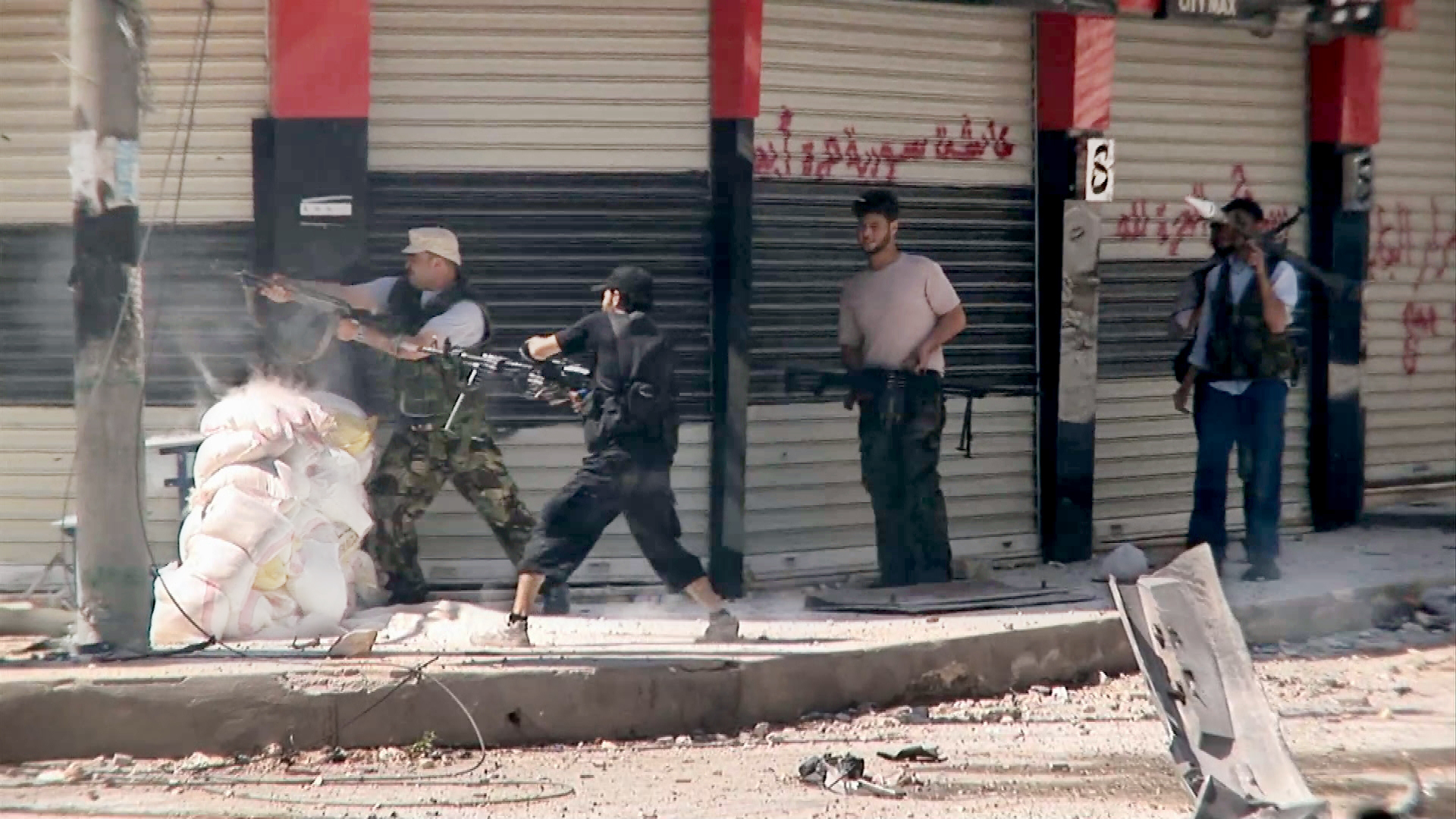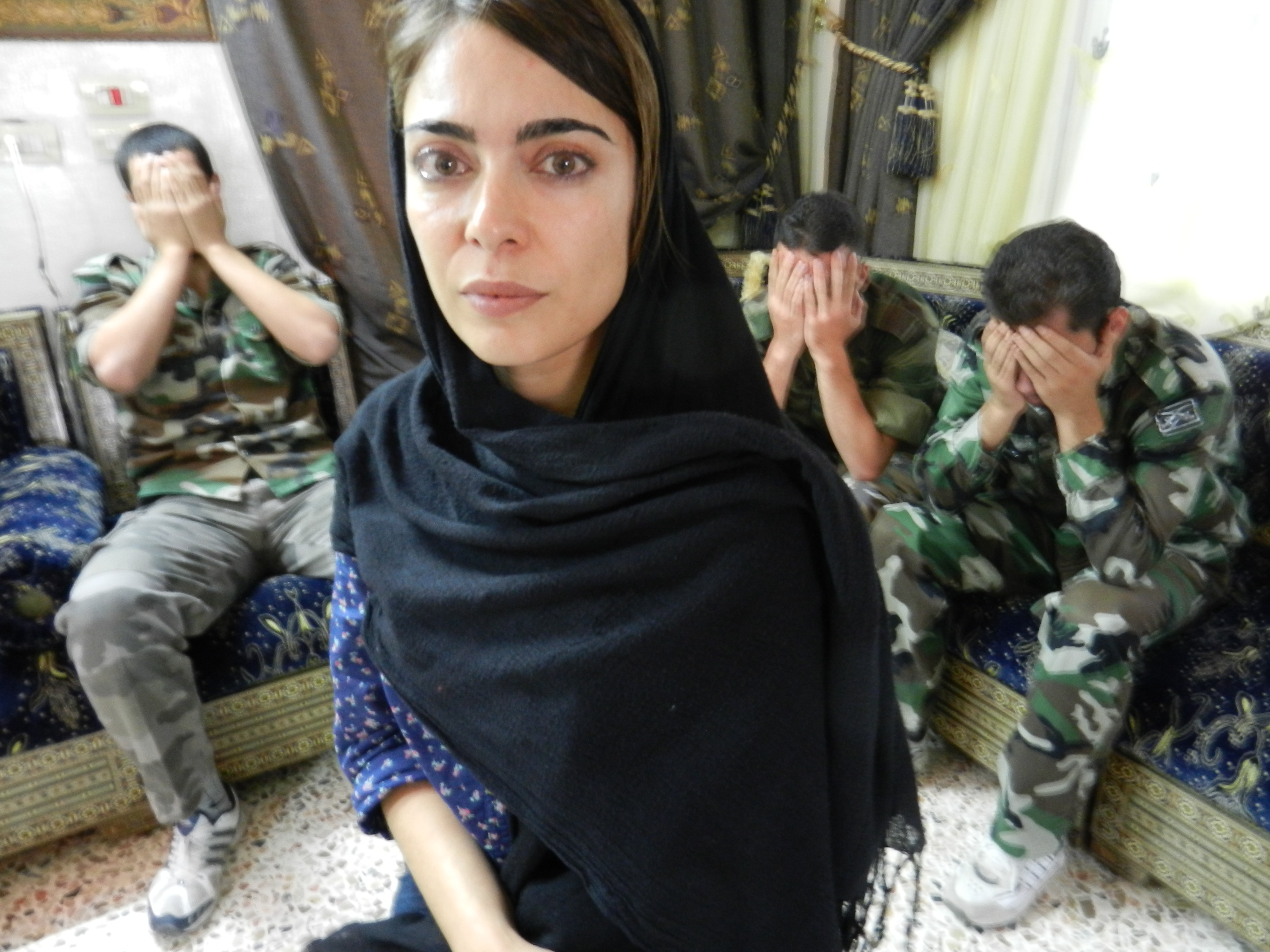UPDATED: A Guide to Sanctions on Syria
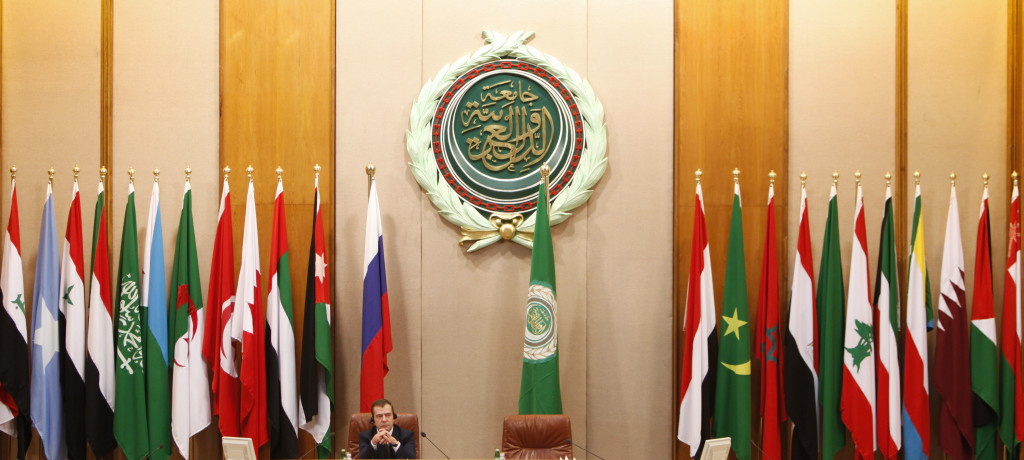
November 30, 2011
Share
Today, in response to Syria’s brutal eight-month crackdown that has killed at least 3,500 civilians, Turkey, one of Syria’s top trading partners, announced wide-ranging sanctions against its neighbor.
But it’s not just Turkey: Below is a round-up of the various sanctions issued against the increasingly isolated nation.
Turkey
In recent months Turkey has repeatedly threatened Syria with economic sanctions, and finally made good on those threats today when foreign minister Ahmet Davutoglu announced a series of sanctions, which include banning the sale of weaponry to the Syrian army, halting transactions with its Central Bank and imposing travel restrictions on some members of Syrian leadership and some businessmen.
Despite a troubled relationship, Turkey became one of Syria’s top trading partners after Bashar al-Assad and Recep Tayyip Erdoğan signed a free trade agreement in 2004. But since the uprising, Turkey began waging a campaign to undermine the Syrian regime that included hosting Syrian opposition groups.
Syria’s business sector will be hit hard by the loss of Turkish business, particularly in bigger cities and areas along the border with Turkey. The sanctions are also expected to have a detrimental economic impact in Turkey, exacerbating a 2.2 percent decline in economic growth next year predicted by the International Monetary Fund. Still, Turkish officials threaten more severe action if violence in Syria continues.
“If oppression continued, Turkey remains ready for all possible scenarios,” said Davotglu in a televised press conference. “We hope that a military intervention will never be necessary.”
Arab League
Nineteen of 22 Arab League member nations voted last Sunday to impose a 14-point sanctions plan on Syria — an unprecedented move by the organization against an Arab state. According to the New York Times:
The sanctions include a travel ban against scores of senior officials, a freeze on Syrian government assets in Arab countries, a ban on transactions with Syria’s central bank and an end to all commercial exchanges with the Syrian government. They carve out an exception for important consumer goods, to try to lessen the impact on ordinary Syrians, although those exceptions were not yet spelled out.
The sanctions, which took effect immediately according to the league’s chairman, are a specific response to Syria’s failure to comply with a league peace plan it had officially accepted weeks ago and to permit international observers into the country to oversee the end of Syria’s violent eight-month crackdown.
League officials sought to emphasize the sanctions are an alternative to military intervention, rather than a prelude to it. They “demonstrate the need for an Arab solution rather than any foreign intervention,” said the league’s secretary general Nabil el-Araby. “That should be clear.”
Fifty percent of Syria’s exports and 25 percent of its imports are from its trade with Arab partners. Enforcement of the Arab League’s sanctions depends on the goodwill of each member state; according to The Wall Street Journal, it is unclear whether the league can supervise enforcement.
Two of Syria’s largest trading partners did not endorse the sanctions: Iraq abstained from the vote and Lebanon “disassociated” itself from the resolution. Iran and Russia, two of Syria’s top allies, are expected to help compensate for economic losses resulting from the sanctions. Iran already reportedly offered billions of dollars in aid this summer to bolster the Syrian economy in response to previous U.S. and European sanctions.
Calling the Arab League’s move a “declaration of economic war,” Syria’s foreign minister Walid al-Moallem hinted at retaliation. “Sanctions are a two-way street,” he told reporters in Damascus on Monday. “I am not warning here, but we will defend the interests of our people.”
Analysts suggest the sanctions are intended to weaken the regime’s support among the business class and elites in Damascus and Aleppo, cities which have remained relatively quiet in comparison with the centers of the uprising. But others warn existing sanctions have already hit Syria’s poor and middle class, making basic commodities like eggs “out of reach” for the poor.
The Arab League resolution encouraged the United Nations to take similar action. The sanctions follow the league’s decision to suspend Syria’s membership two weeks ago.
European Union
The European Union has issued a number of sanctions against Syria, including a ban on the import of crude oil which took effect mid-November, and it has frozen the assets and banned the travel of dozens of Syrian officials it says are involved in the crackdown.
The EU agreed on new financial sanctions on Monday, banning Syrian banks from operating in Europe and EU companies from trading in Syria debt. According to the Jerusalem Post, the new restrictions, which will be imposed officially on Thursday, also “include a ban on long-term financial support for trade, excluding food and medicine, and on loans to the government, both bilateral and through international financial institutions.”
Because 25 percent of Syria’s trade is with EU countries — particularly oil exports to Italy and Germany — the EU’s sanctions have already hit Syria hard. And because Syrian crude oil requires a particular kind of processing, it has proven difficult for it to find alternative markets to export oil.
United Nations
The U.N. Human Rights Council has announced a special session to discuss the situation in Syria this Friday. The move comes shortly after the council released the findings of an independent commission of inquiry into abuses by Syrian security forces on Monday.
Germany’s ambassador to the U.N. called on the Security Council Monday to follow the Arab League’s lead and impose similar sanctions against Syria.
“I think the council cannot stand idly by regarding what the regional organization has said so strongly,” he said. “The council should take up that decision and endorse and reinforce it. We are going to deliberate about this in the course of the day.”
A U.S.-backed Security Council resolution condemning Syria’s crackdown and threatening sanctions failed in October when it was vetoed by Russia and China.
United States
The U.S. has imposed three different forms of sanctions against Syria, some of which date as far back as 2004, when President Bush signed the Syria Accountability and Lebanese Sovereignty Restoration Act designed to punish Syria for its support of terrorism and its weapons of mass destruction programs.
In recent months the U.S. issued new sanctions against the country’s intelligence agency, the Commercial Bank of Syria, and a bevy of top Syrian officials, including President Bashar al-Assad.
Latest Documentaries
Related Stories
Related Stories
Explore
Policies
Teacher Center
Funding for FRONTLINE is provided through the support of PBS viewers and by the Corporation for Public Broadcasting, with major support from Ford Foundation. Additional funding is provided the Abrams Foundation, Park Foundation, John D. and Catherine T. MacArthur Foundation, Heising-Simons Foundation, and the FRONTLINE Trust, with major support from Jon and Jo Ann Hagler on behalf of the Jon L. Hagler Foundation, and additional support from Koo and Patricia Yuen. FRONTLINE is a registered trademark of WGBH Educational Foundation. Web Site Copyright ©1995-2025 WGBH Educational Foundation. PBS is a 501(c)(3) not-for-profit organization.












